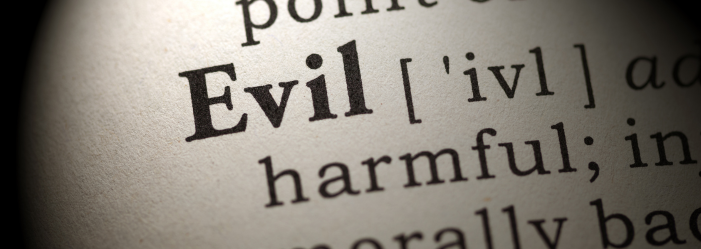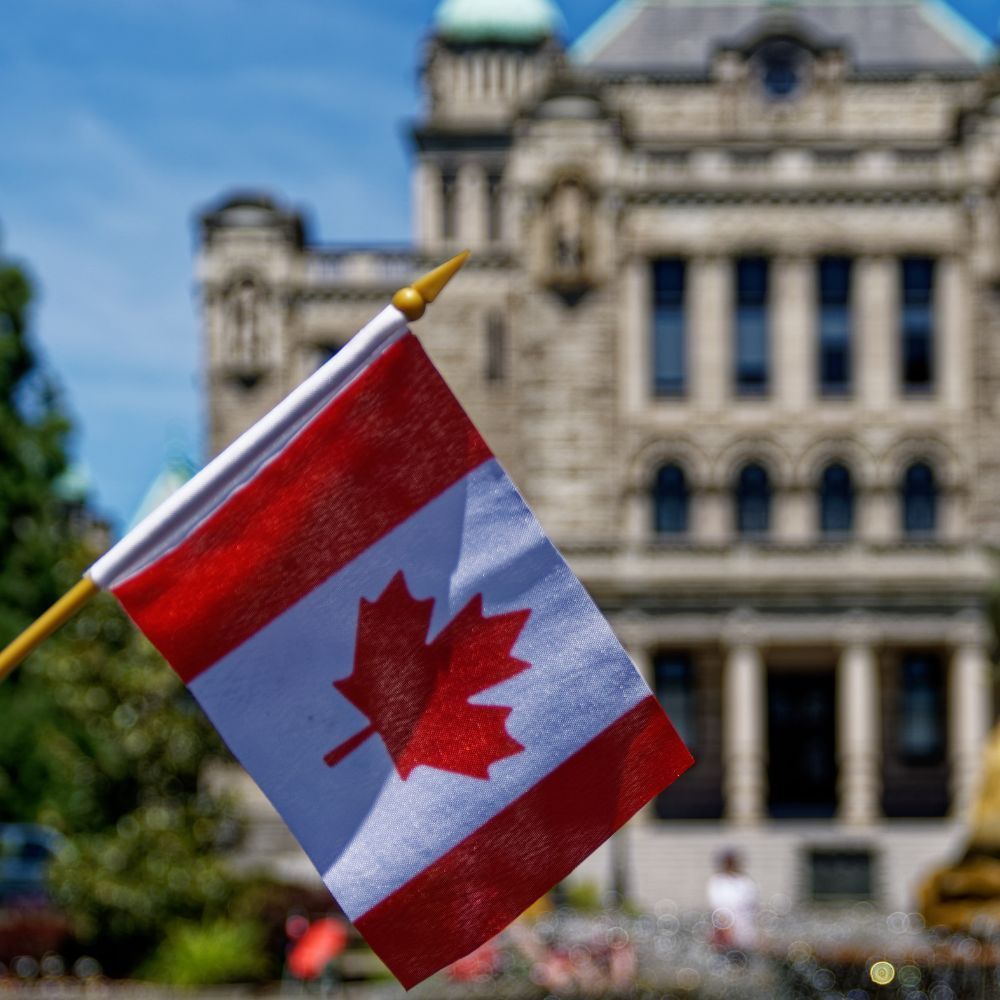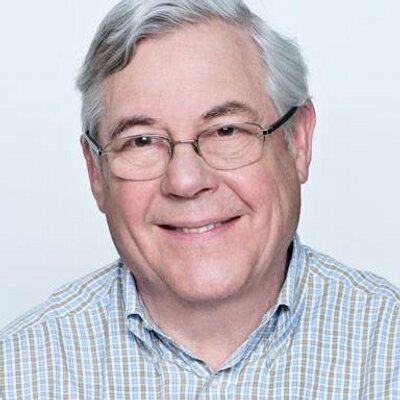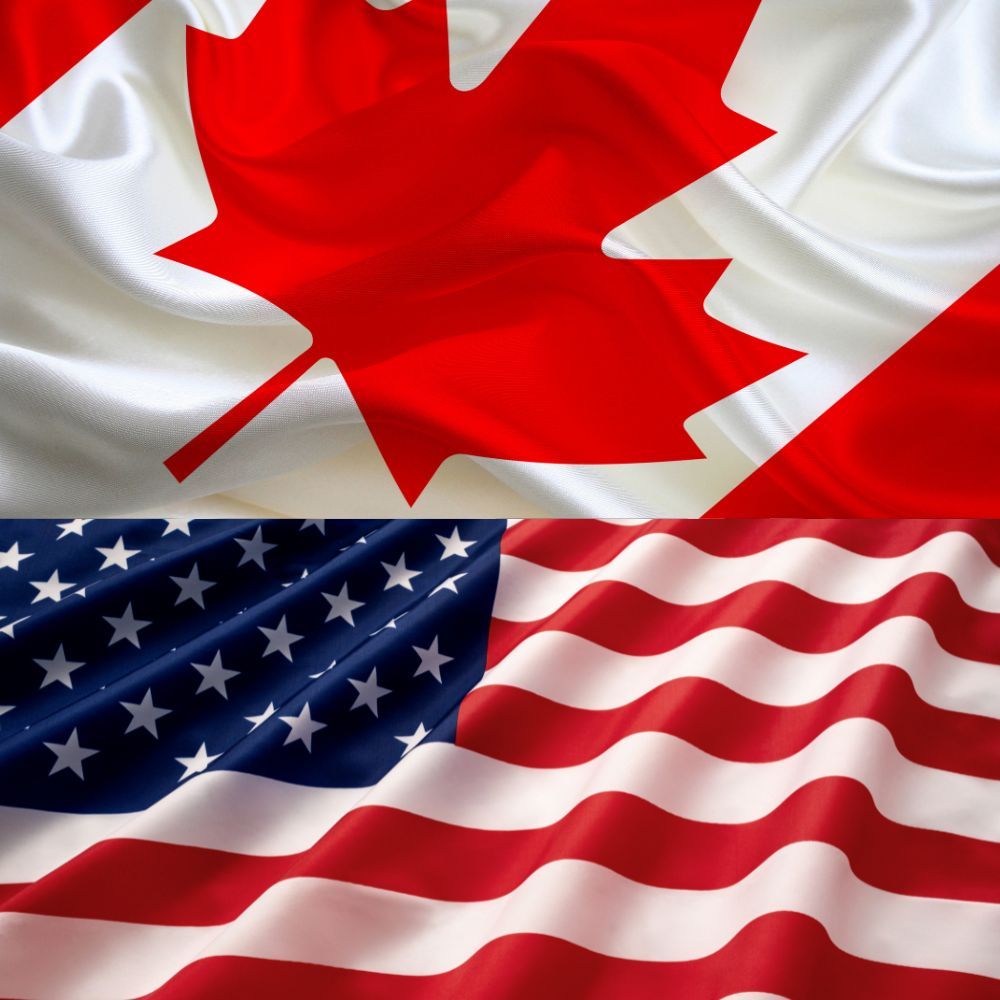Why We Refrain From Calling Out the Evil That Surrounds Us
It was unusual and instructive to hear the outgoing chief of the Canadian chief of the Defence Staff, General Wayne Eyre quoted in his outgoing speech urging Canada to prepare for war and saying: “The implications of the outcome of this war are momentous for our global future. Evil walks the face of the Earth, and it must be stopped.”

It is now seen as ineffective to characterize modern conflicts as battles between good and evil. It’s been many years since George W. Bush used
the “axis of evil” to describe the bellicose tendencies of Iran, North Korea and Iraq in the early 21 st century.
Yet Eyre correctly said that “evil” walks the face of the earth. It is interesting to note that both the Gospels and the writings of Paul often refer to the
ubiquity of evil. The first epistle of John makes an even more sweeping claim than Eyre: “We know that we are children of God, and that the whole
world is under the control of the evil one.”
Currently in the United States, and to a less degree in Canada, the degree of polarization in political beliefs has led to a liberal conservative gulf where each side increasingly hates and distrusts the other. Survey data reveals that more than half of Republicans and Democrats view the other party as “a threat,” and nearly as many agree with the description of the other party as “evil,” Lillian Mason of John Hopkins University said.
Yet it has been remarkable that Democrats resist calling Trump evil even if he shows so many evil characteristics. Listen to no less an authority than
Jesus himself quoted in Marks’ gospel: ‘‘ For it is from within, out of a person’s heart, that evil thoughts come—sexual immorality,…adultery,
greed, malice, deceit, lewdness, envy, slander, arrogance, and folly.” A pretty comprehensive list of Trum sins. Many believe that Trump has taken cues from dictators, and we have had no problem calling them evil. He takes the same road as the Nazis in demeaning a common enemy – in this case immigrants who he calls savages and backs his statements by threatening to deport the millions of the undocumented.
It is interesting to discover that science studying evil comes to much the same conclusion that the Judeo-Christian teaching of original sin - claiming we all have the capacity to be evil. Paul puts it this way in his epistle to the Romans: “Now if I do what I do not want to do, it is no longer I who do it, but it is sin living in me. So, I find this law at work: Although I want to do good, evil is right there with me.”
Recent scientific studies of evil come a similar conclusion - that we all have evil thoughts and desires, yet most people don’t act on them. It follows
what we call “evil” will be associated primarily with failures of inhibition. In other words, it’s all about self-control. The apparent normal behaviour
exhibited by many killers would seem to fit with people like the young man who tried to assassinate Trump who suddenly became a crazed assassin.
In a celebrated exchange of letters Sigmund Freud had with Albert Einstein in 1931-32. Einstein asked: “Is it possible to control man’s mental evolution so as to make him proof against the psychosis of hate and destructiveness?” Freud replied that “there is no likelihood of our being able
to suppress humanity’s aggressive tendencies” It has been pointed out that conservatives are so suspicious of people who look for “root causes” of
crime, and why they describe sociology as “the science of excuses.”
However the difficulty of ridding individuals of evil tendencies may be, the collectivity surely has moral standards that should apply to collective action. So, in a broader context, are we reaching a stage in our politics where we must call out the evil of systematic lying and inflated vitriolic hate both conservatives and liberals display for each other in the USA and to a lesser extend in Canada? The much-published US author Arthur C Brooks thinks so. In a 2019 excerpt from a lecture he gave in Australia in the New York Times he wrote: ”It may be true that all humans, all societies, are capable of becoming so corrupted as to come to see destroying others’ lives, outside of open combat, as a needed or heroic thing. (as was the case in Nazi Germany) But societies cannot typically survive undamaged, let alone flourish, if a culture of systematic lying is fostered and allowed to grow.”
This is a stark warning for us all. Even our noble politicians pay the price for outright lies, particularly when it comes to election promises, as is the case of Juston Trudeau who promised in the 2015 federal election to reform the first past the post electoral system. This lie, or the inability to action, has dogged him for nine years.
I feel strongly that calling out evil behavior in our politicians is a civic duty. Freud might be right and curing the individual violence in our society is
extremely challenging, as is bringing peace to Gaza or Ukraine where both sides are convinced they are fighting for good versus evil. But we can
influence our politicians with our votes and ensure that wild rhetoric and lying are not allowed to lead to dangerous actions.
Patrick Gossage Insider Political Views




